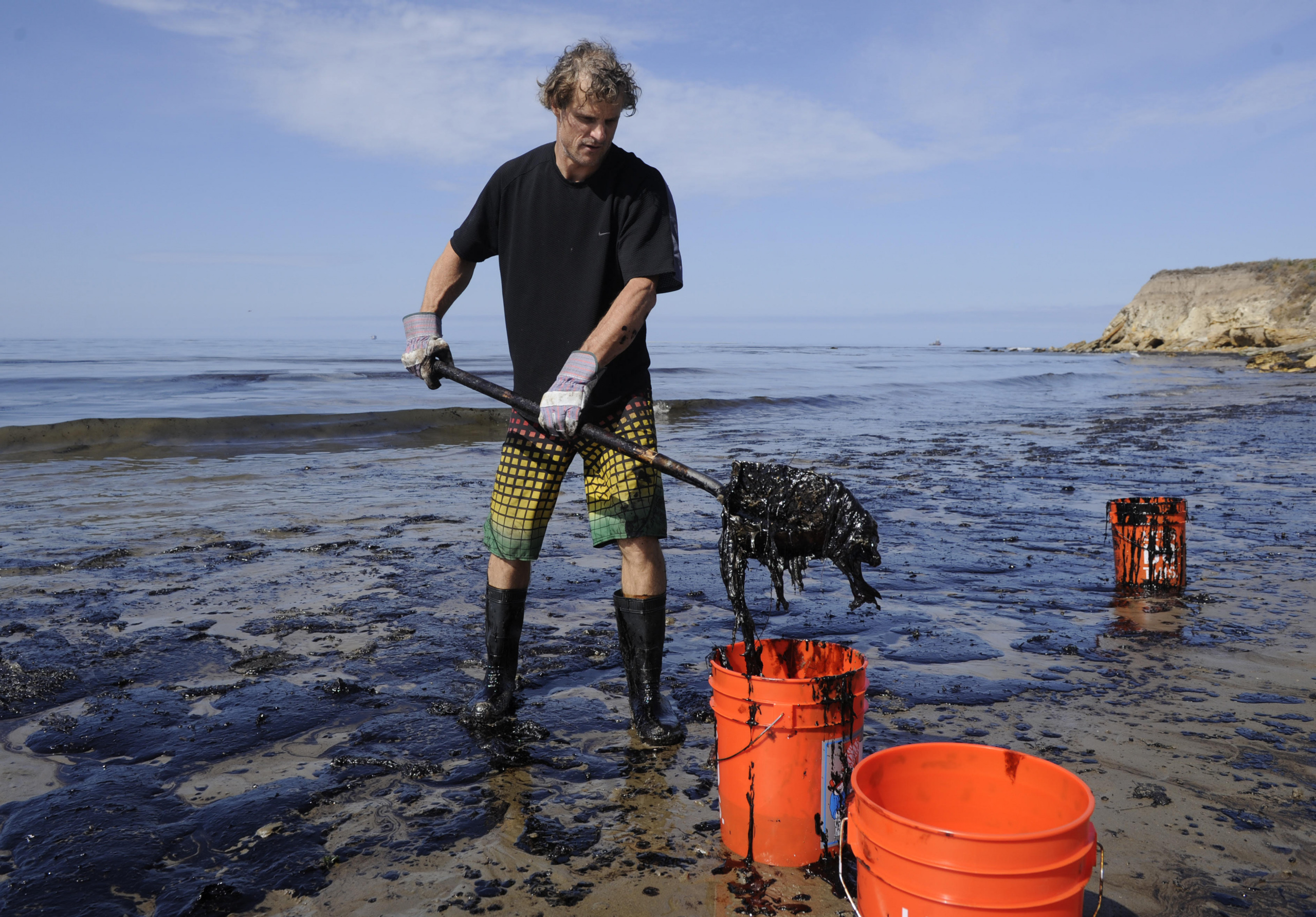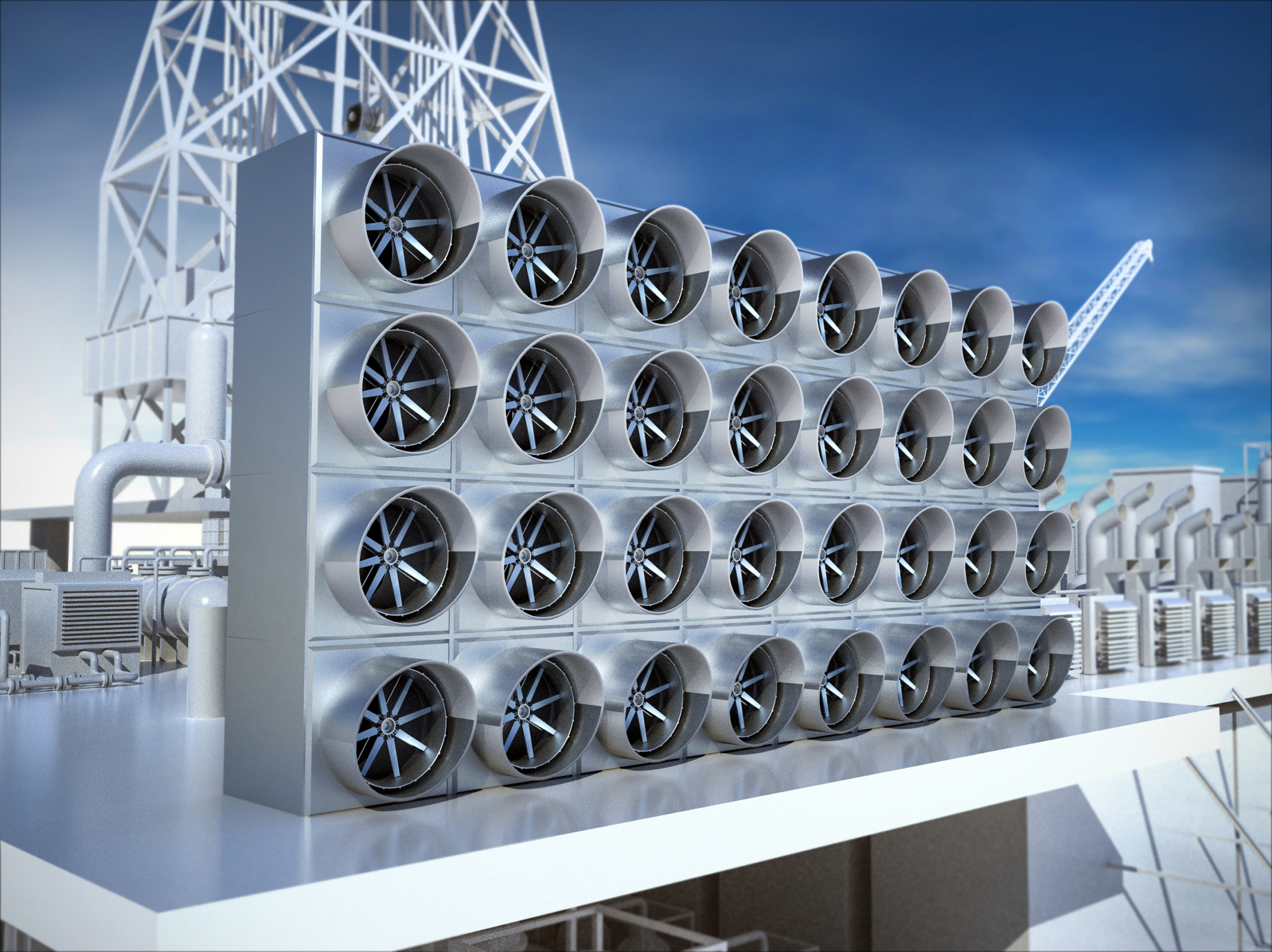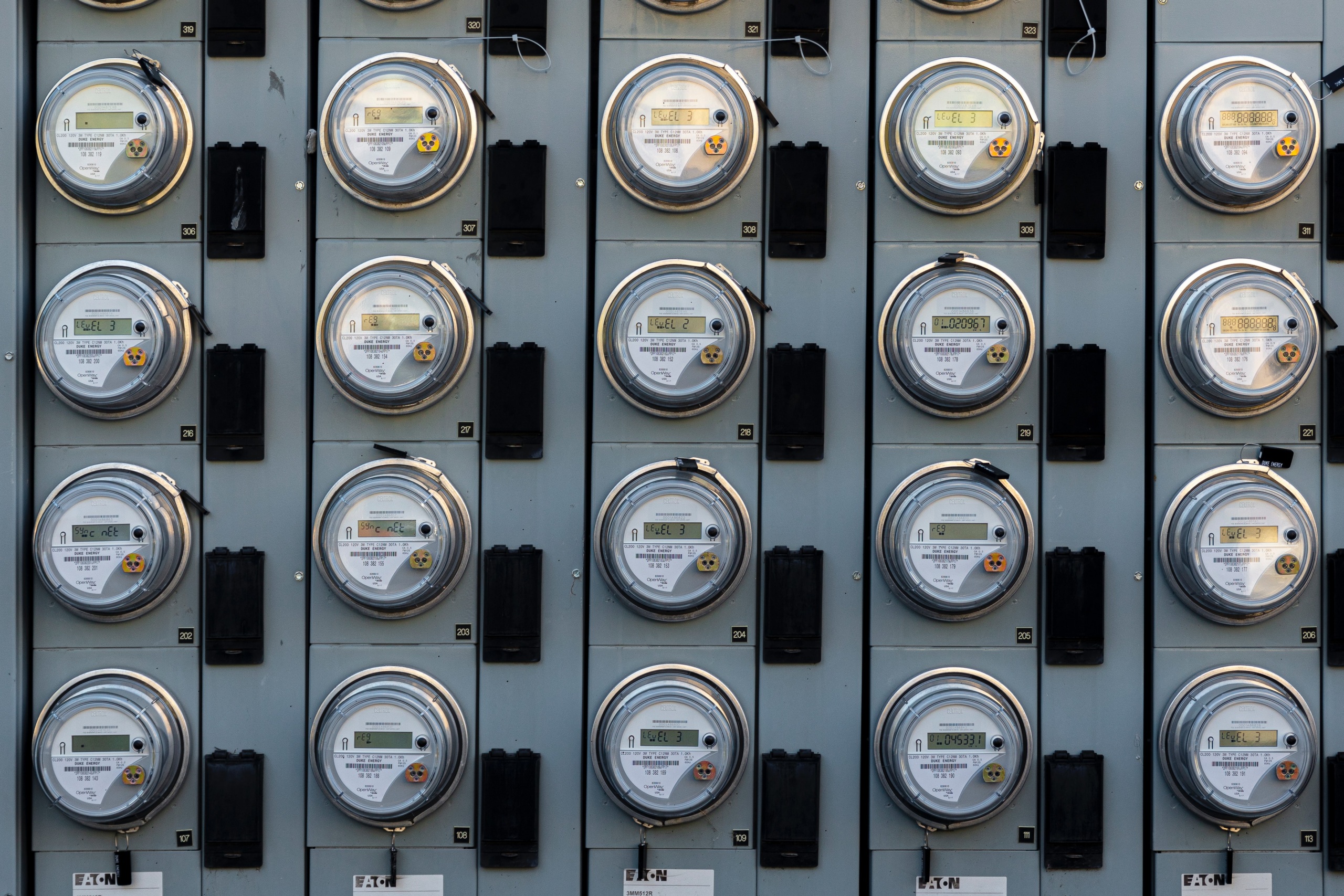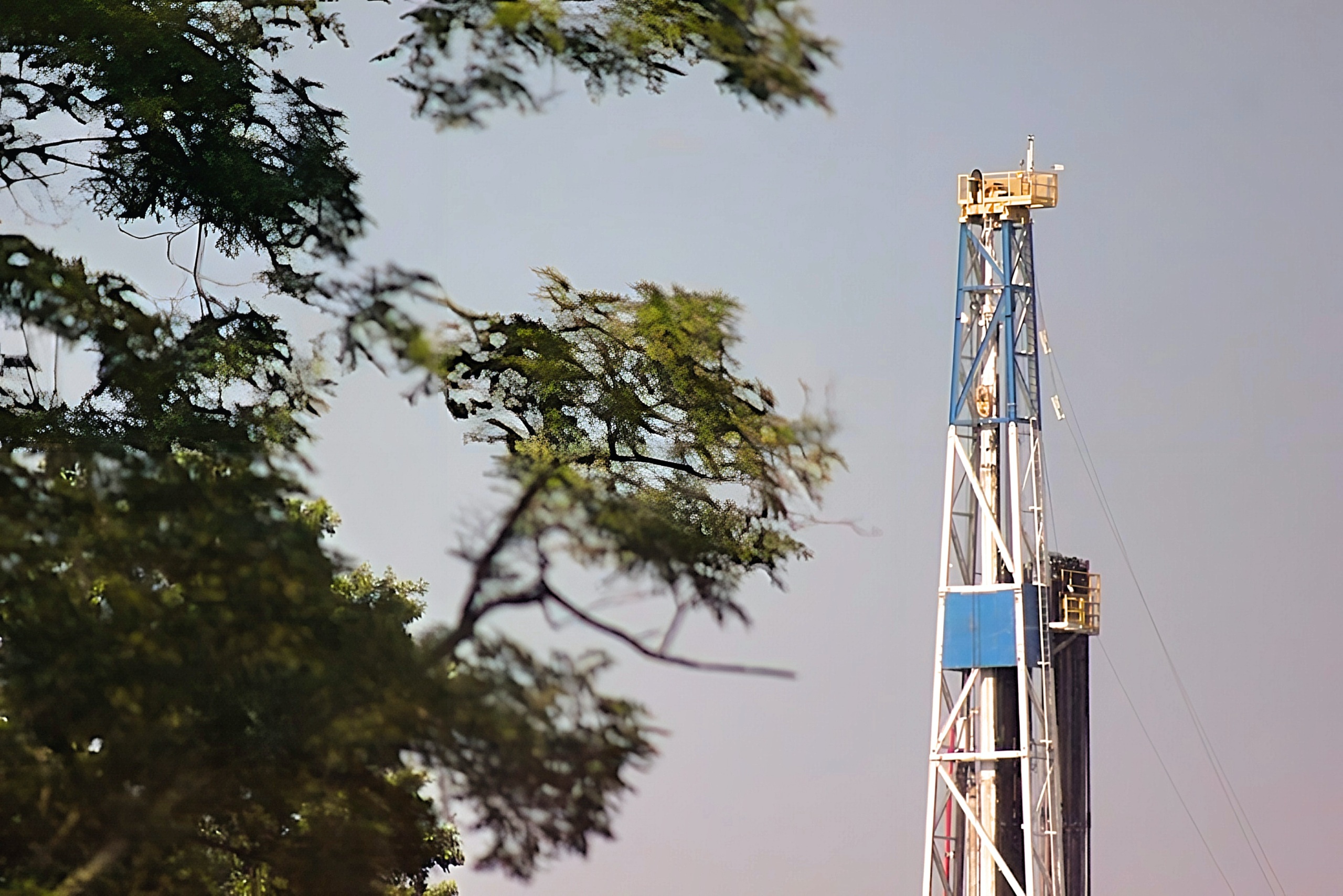
Offshore Drilling, Onshore Damage
The Trump administration has proposed opening much of the Atlantic, Pacific and Arctic oceans off the U.S. coast to offshore oil and gas drilling. The environmental dangers posed by offshore oil spills are well known. The damage to the environment, communities and public health from the onshore infrastructure needed to support offshore drilling is less well known, but no less real. Offshore Drilling, Onshore Damage highlights how the onshore pipelines, waste disposal facilities, ports and refineries that support offshore production endanger public health by polluting the air and water, and threaten wildlife and ecosystems.

Downloads
The Trump administration has proposed opening much of the Atlantic, Pacific and Arctic oceans off the U.S. coast to offshore oil and gas drilling. The environmental dangers posed by offshore oil spills, such as the 2010 Deepwater Horizon spill in the Gulf of Mexico, are well known. The damage to the environment, communities and public health from the onshore infrastructure needed to support offshore drilling is less well known, but no less real.
Offshore drilling relies on onshore pipelines, waste disposal facilities, ports and refineries that endanger public health by polluting the air and water, and threaten wildlife and ecosystems.
State leaders should protect coastal communities and the environment by blocking any expansion or construction of onshore infrastructure that enables offshore drilling.
The onshore infrastructure needed to support offshore drilling has serious impacts on the environment, public health and coastal communities.
Pipelines: Oil and gas produced offshore are often delivered via pipelines to onshore storage or processing facilities. The expansion of offshore oil and gas production could require the construction of new pipelines, disrupting coastal ecosystems and threatening further damage in the event of leaks.
- Constructing pipelines can damage sensitive and fragile ecosystems such as wetlands and estuaries. A study by the U.S. Geological Society found that across Louisiana, for example, some pipelines built to carry oil and gas from offshore production have contributed to habitat loss.
- Pipelines can fail, spilling oil. For example, a rupture in an underground, onshore pipeline transporting oil from drilling platforms in the Santa Barbara Channel to inland refineries spilled more than 120,000 gallons of crude oil in 2015. Oil flowed into the ocean, coated birds and mammals, and forced the closure of two state beaches.
Waste disposal: Offshore drilling often creates waste containing oil, toxic contaminants and radioactive material. Some of this waste may be transported onshore for disposal. Transporting and disposing of this waste creates risks.
- Liquid waste may be injected into disposal wells, which are porous underground rock or sand formations. However, injection wells may leak, polluting nearby freshwater supplies. Texas, Louisiana and California, which are close to current offshore and onshore production facilities, have thousands of injection disposal wells.
- Other waste may be spread on soil, exposing oil to microbes capable of digesting it and diluting other contaminants. Land application may create water pollution if heavy rain or flooding washes soil off the site, and it adds pollutants and salts to the soil.
Ports and marine oil terminals: Ports support the production of offshore oil and gas by providing a base for the equipment and personnel needed for offshore operations and by serving as an important waypoint for waste generated at offshore drilling operations. Marine oil terminals – berths or piers where tankers can unload oil from offshore production or other sources – help move crude oil to refineries. These activities can be harmful for the environment and public health.
- Spills in ports or at oil terminals can occur during routine operations such as unloading oil from barges and tankers. From 1990 to 2013, there were eight spills of 42,000 or more gallons of oil from tankers while in port. Smaller spills can also threaten public health. Regulators issued public nuisance violations to Phillips 66 in Rodeo, California, and a ship docked at the facility for an oil sheen found on the water in 2016. People nearby complained of foul odors and more than 100 residents went to the hospital.
- Oil spills in port can be devastating for the function of the surrounding ecosystems, coating wildlife in oil and damaging estuaries that are critical for shrimp, crabs and fish.
Refineries: Increased offshore oil production may require new or expanded refineries to convert crude oil into useful products such as gasoline, diesel fuel or jet fuel. Oil refineries are a major source of air pollution that threatens public health.
- Even when operating normally, refineries release particulate pollution, which exacerbates asthma and has been linked to lung cancer. They also release pollutants that are major contributors to smog, which can cause respiratory irritation, reduce lung function, and worsen asthma.
- Malfunctions at refineries can create acute air pollution episodes that threaten public health. A fire at ExxonMobil’s Baytown, Texas, refinery in March 2019 led to releases of sulfur dioxide, hydrogen sulfide and benzene for more than a week.
To protect coastal communities and ecosystems, the nation should refrain from expanding offshore oil and gas production. At the federal level, the Trump administration should permanently withdraw its proposal to expand offshore oil and gas production in the Atlantic, Pacific and Arctic oceans. Separately, states should protect coastal areas by blocking construction of new oil and gas infrastructure or the expansion of existing infrastructure needed to support expanded offshore drilling.
Photo: An onshore pipeline carrying oil from offshore drilling ruptured and spilled oil on a beach west of Santa Barbara, California, in 2015. Used with permission ©Paul Wellman/ Santa Barbara Independent
Topics
Authors
Elizabeth Ridlington
Associate Director and Senior Policy Analyst, Frontier Group
Elizabeth Ridlington is associate director and senior policy analyst with Frontier Group. She focuses primarily on global warming, toxics, health care and clean vehicles, and has written dozens of reports on these and other subjects. Elizabeth graduated with honors from Harvard with a degree in government. She joined Frontier Group in 2002. She lives in Northern California with her son.
Find Out More

Carbon dioxide removal: The right thing at the wrong time?

How to get more from state energy efficiency programs

“Certified natural gas” is not a source of clean energy

